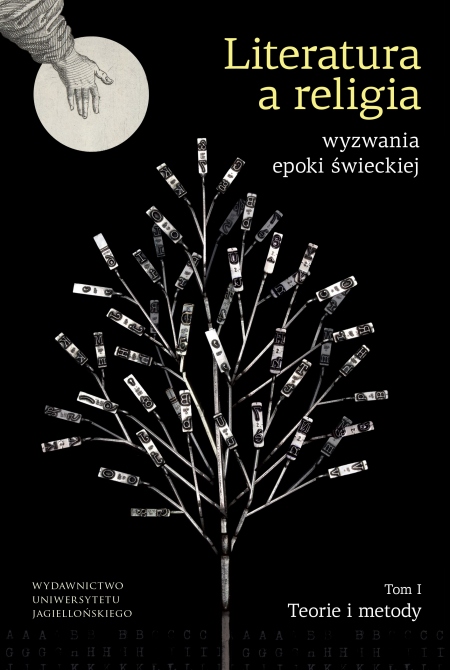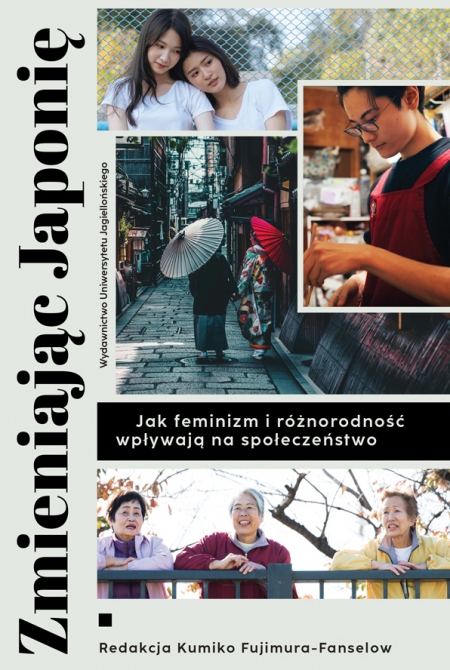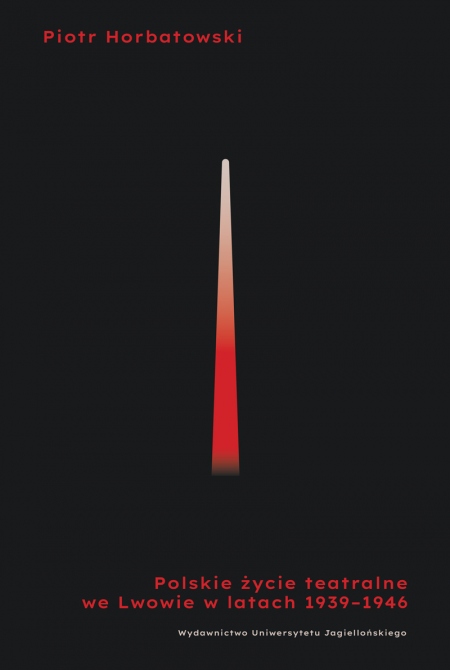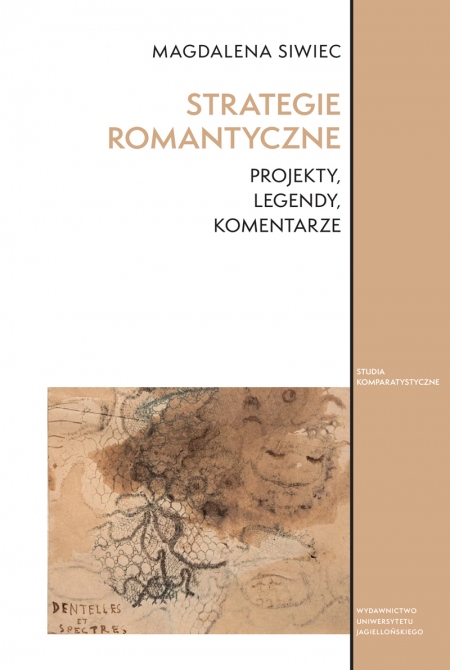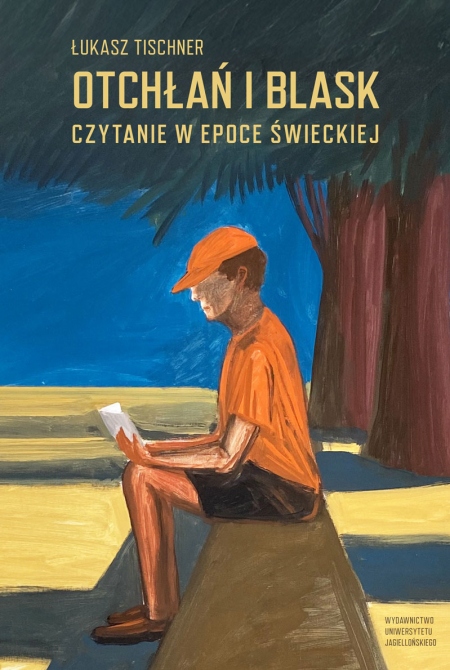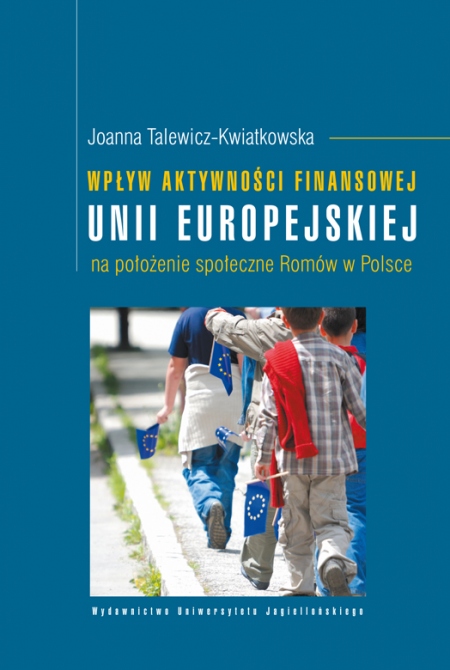
Wpływ aktywności finansowej Unii Europejskiej
na położenie społeczne Romów w Polsce
Series: Varia Culturalia
Pages: 258
Book format: B5
Publication date: 2013
Release date: 25.02.2013
Book description
The Roma are an ethnic group present in every Member Sate of the European Union (EU). According to data of the European Commission in twenty seven EU Member States there are between ten and twelve millions members of the community. Roma people, apart from that they are the biggest ethnic minority in modern Europe, are also the most marginalized community and find themselves at risk of social exclusion which causes that they have
to face discrimination at every field of social life. The problem is also visible in Poland where the Roma constitute a thirty-thousand ethnic minority. The lack of education, employment, a limited access to social services intensify the hitherto prevailing level of poverty
and generate the process of inheriting it from generation to generation. These factors are also sources of potential social conflict.
The hope for the improvement of the situation of the Roma community in Poland appeared together with the accession of Poland into the structures of the EU. The opportunity to take advantages of the financial programmes became a great chance and hope for the success of the actions carried by and dedicated to Roma people. Projects financed form the EU budget are realized in Poland since 2004. Maybe, it is too early to see the effects of the undertaken initiatives, especially in the light of such neglects and long-term problems. For sure, one will have to wait for the results of some activities for longer period of time, nevertheless, the conviction about the necessity of the reflection, whether the undertaken initiatives head in a proper direction and whether the money spent is adequate to the results of the activates taken up, has become an important inspiration for me to carry out a research in that field and also to write this book.
to face discrimination at every field of social life. The problem is also visible in Poland where the Roma constitute a thirty-thousand ethnic minority. The lack of education, employment, a limited access to social services intensify the hitherto prevailing level of poverty
and generate the process of inheriting it from generation to generation. These factors are also sources of potential social conflict.
The hope for the improvement of the situation of the Roma community in Poland appeared together with the accession of Poland into the structures of the EU. The opportunity to take advantages of the financial programmes became a great chance and hope for the success of the actions carried by and dedicated to Roma people. Projects financed form the EU budget are realized in Poland since 2004. Maybe, it is too early to see the effects of the undertaken initiatives, especially in the light of such neglects and long-term problems. For sure, one will have to wait for the results of some activities for longer period of time, nevertheless, the conviction about the necessity of the reflection, whether the undertaken initiatives head in a proper direction and whether the money spent is adequate to the results of the activates taken up, has become an important inspiration for me to carry out a research in that field and also to write this book.
Authors
Joanna Talewicz-Kwiatkowska
ISBN: 978-83-233-3437-8
Country of producer: Poland
RECOMMENDED BOOKS
NEW BOOKS

Wpływ aktywności finansowej Unii Europejskiej
na położenie społeczne Romów w Polsce
Wpływ aktywności finansowej Unii Europejskiej
na położenie społeczne Romów w Polsce
Choose chapters to buy:
Order value:
0.00 zł

